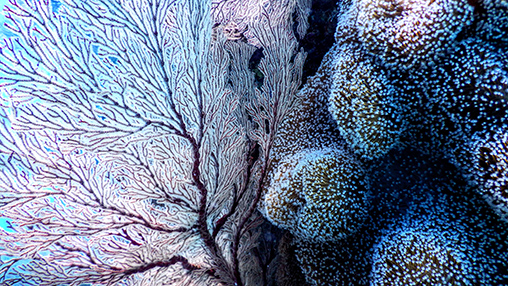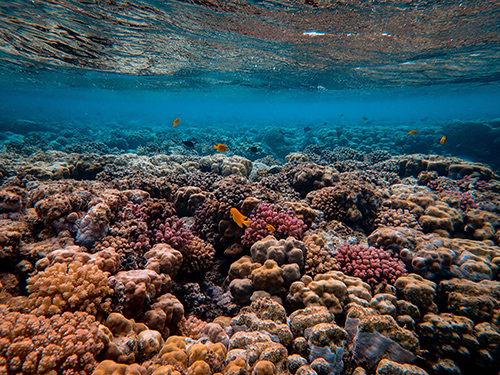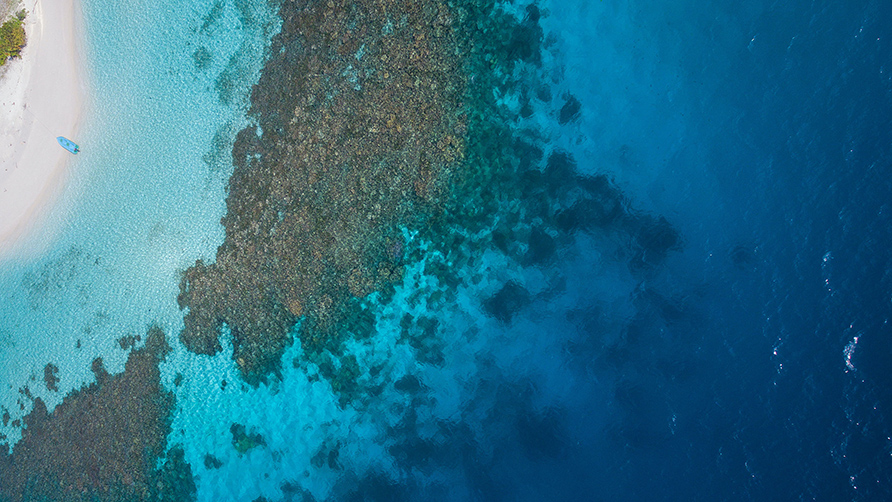We celebrate World Ocean Day this year focusing on one of the most diverse and economically valuable ecosystems in the world – Coral Reefs. Here’s what you should know.
Did you know corals are indeed animals and not actually plants?
Also called “rainforests of the sea”, coral reefs are calcium carbonate structures that cover about only 1% of the entire ocean however are home to almost 25% of all known marine species! They’re present in about 100 countries and exist in three unique variations: fringing, barrier, and atoll.
This World Environment Day, we celebrate nature by focusing on coral reefs – a quintessential part of the same ecosystem that’s being eradicated at a rapid pace. Wondering why they matter so much? Here’s how they actively assist the ecosystem:

- They play a major role in protecting against and preventing damaging effects of tropical storms and tsunamis.
- Majority of the fishing industry depends on these reefs since various fishes reside in these, hence making their jobs easier and efficient.
- Reefs are sources of income and employment for millions of people around the globe including the fishing industry and tourism.
- Reefs balance the marine food chain by supplying essential nutrients and fixing nitrogen.
However, practices such as pollution, unsustainable fishing practices, and especially coral bleaching have been long affecting these species. Here are some ways you could play your part in saving coral reefs:

- Make the right seafood choices. Seek information on your source of seafood and if they’re sustainable enough to be on your plate.
- Practice basic eco-conscious tasks such as recycling, saving energy at home, and steering clear of plastic and more. Remember: a little goes a long way.
- Choose your sunscreen extra wisely. Coral harming ingredients such as oxybenzone and octinoxate have been found in many. Make sure you double check!
- Spread awareness! Educate as much and as many as you can and always be thorough yourself before deep sea diving or scuba diving.
Further besides their biological value, corals are well beloved for their tourist value. Springing in wild colors and splashing the basic blues in many shapes and sizes, dozens of resorts around the world let explore as well as conserve these nature’s gifts.
Image credits: Unsplash.com












